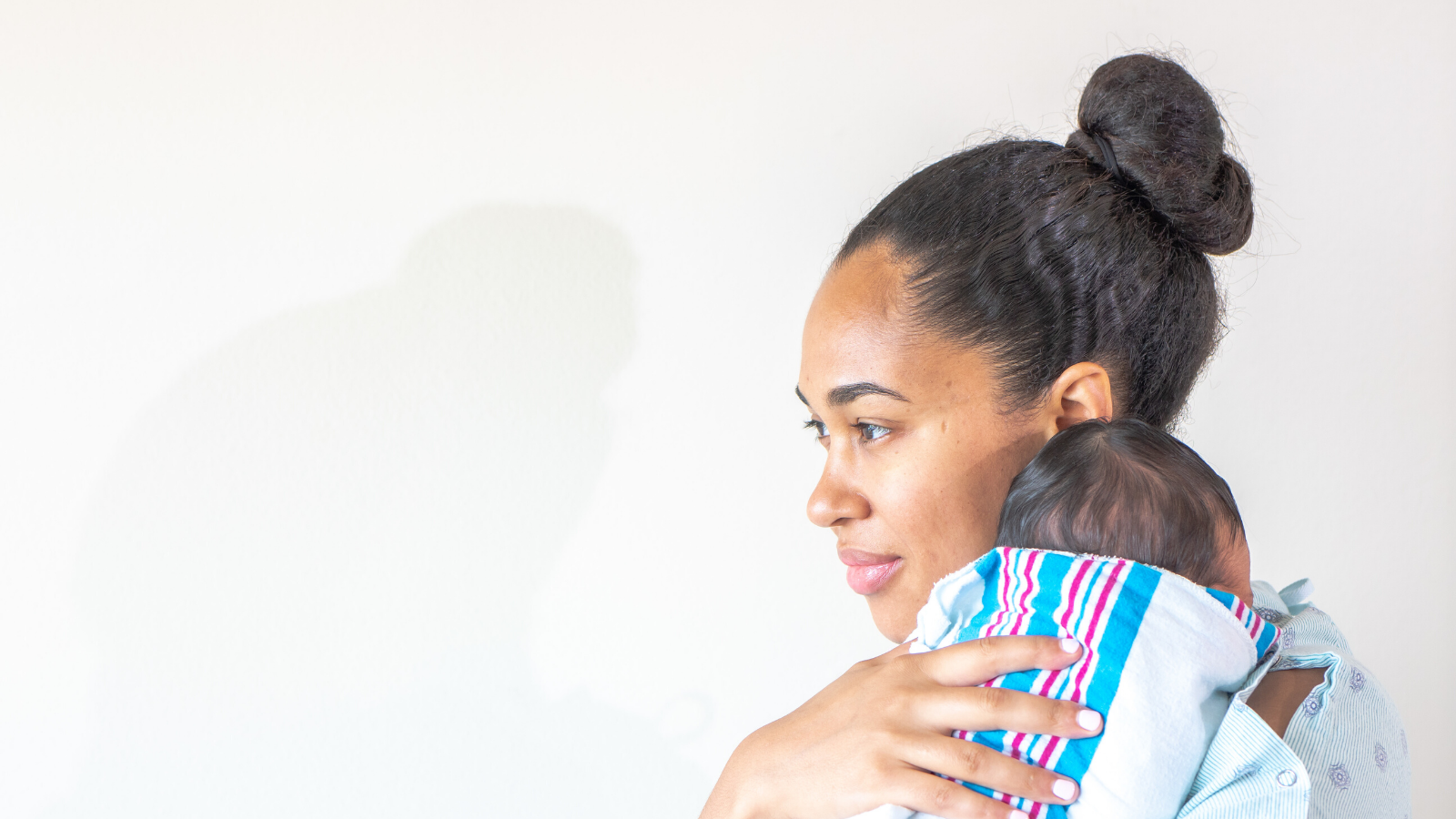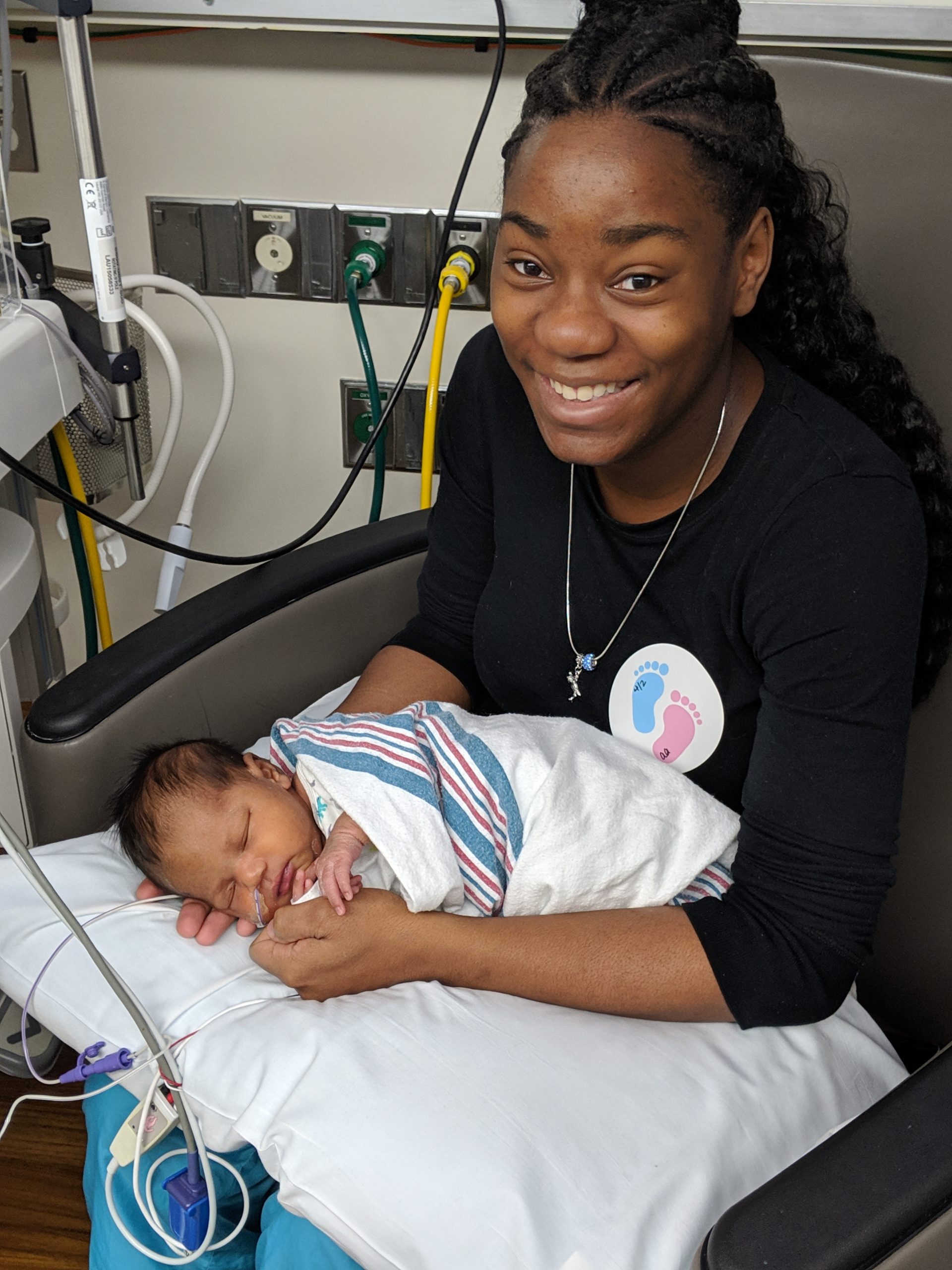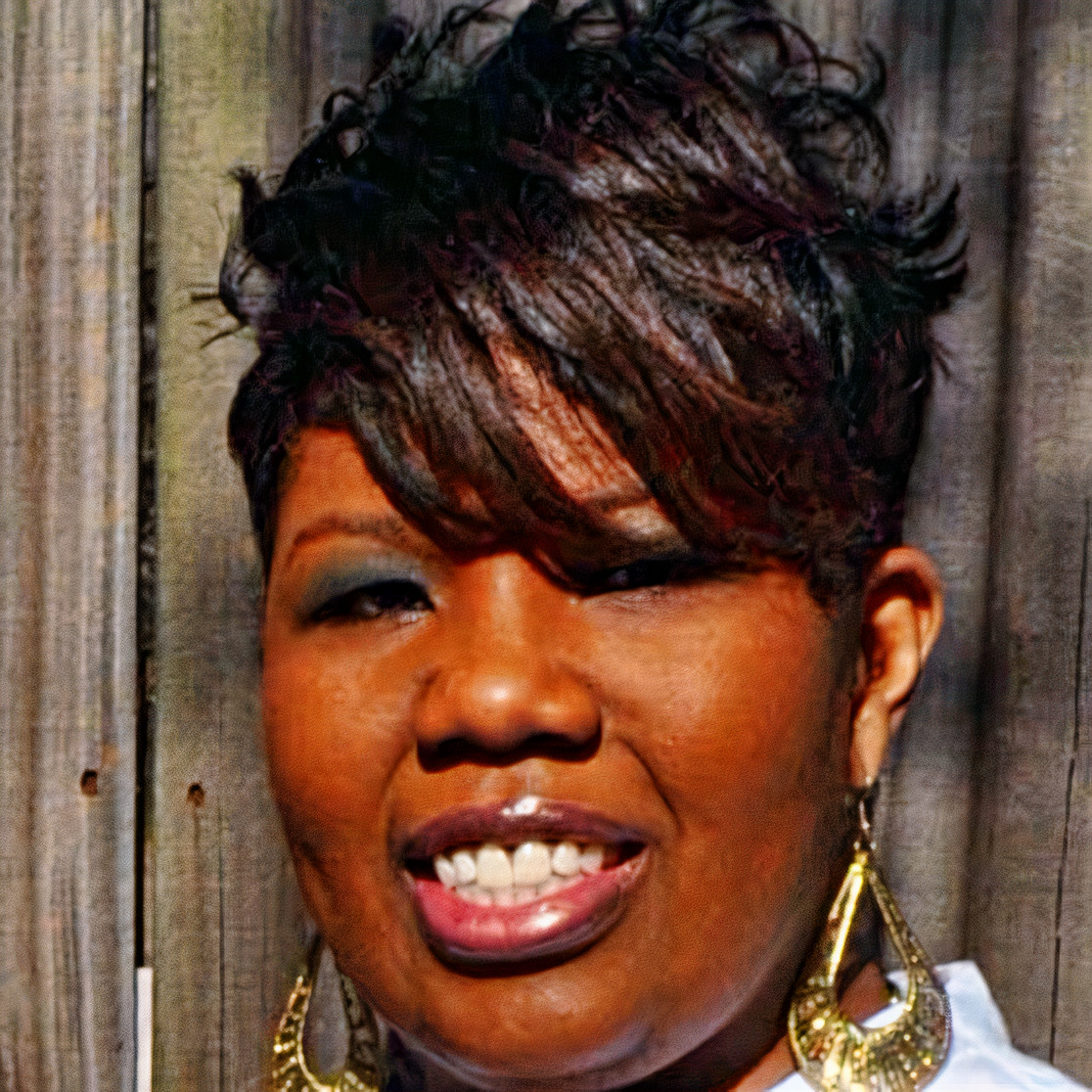
by Vedria E. Millage, LMSW and member of Hand to Hold Board of Directors
Black History Month is an annual time to honor the rich culture and significant accomplishments of Black Americans throughout history as well as acknowledge shared experiences. While this is a time to celebrate and honor the accomplishments of the past, it is also a time to reflect on how a history of racial trauma, social unrest, and the current pandemic has impacted Black NICU moms as well the larger Black community.
In general, NICU parents have a higher risk for postpartum depression, PTSD and anxiety disorders following a traumatic birth. Black NICU moms are at a heightened risk, as they are 50% more likely to have a premature baby than white moms, in addition to the aforementioned issues impacting this community.
Mental health impacts individuals of all races and ethnicities; however, it doesn’t necessarily impact communities proportionately. It is important to acknowledge the reality that people of color have higher rates of some mental health disorders, and to raise awareness about how historical and current encounters of racism have affected mental health. Persistent racism and microaggressions, even while accessing services or treatment, are compounding factors that impact Black NICU moms and the larger community.
Racial trauma is real and cannot be ignored. The Black community has experienced a pain — inflicted upon them repeatedly throughout history. This has been amplified during several recent events over the last eleven months. The weight on this community being disproportionately affected by COVID-19, compounded by the tragic, countless deaths of unarmed Black men and women, and experiences of discrimination and inequity can significantly impact a person’s mental health.
 Even with all of these challenges, many people, including Black NICU moms, are still less likely to seek mental health care. Some barriers to the Black community seeking mental health support include: major disparities in health and healthcare, historical misconceptions, and lack of culturally competent healthcare professionals. There is also an unfortunate, yet real concern for some that a mental health diagnosis will result in a loss of their children to child protective services and/or concerns about the risk of being viewed as an “unfit mother.”
Even with all of these challenges, many people, including Black NICU moms, are still less likely to seek mental health care. Some barriers to the Black community seeking mental health support include: major disparities in health and healthcare, historical misconceptions, and lack of culturally competent healthcare professionals. There is also an unfortunate, yet real concern for some that a mental health diagnosis will result in a loss of their children to child protective services and/or concerns about the risk of being viewed as an “unfit mother.”
Despite all the very difficult and unjust situations that plague the Black community, it is evident there is also an undeniable spirit of resiliency and strength paramount to their survival. It is from this strength that members of the Black community now find themselves placing more focus on openly talking about mental health with the goal of eradicating the stigma, increasing services, and eliminating barriers to access.
Recognizing the need for additional support, Hand to Hold introduced a virtual support group for Black families. Support groups for Black families of the NICU are necessary, safe, and affirming spaces to gather around a shared identity for healing, processing and support of Black mothers.
To learn more about this group and other FREE support groups, visit Virtual Support Groups for NICU Families.
Visit these additional resources to learn more about mental health in the Black community:
- Racial Disparity in Care Starts in NICU
- NAMI
- The Hogg Foundation for Mental Health
- Melanin & Mental Health
About Vedria E. Millage, LMSW

Vedria E. Millage, LMSW, joined Hand to Hold’s Board of Directors in August 2020. Vedria holds a Master of Social Work degree from The Ohio State University, a Bachelor’s in Social Work from Grambling State University, and is a Licensed Master Social Worker (LMSW) with more than 18 years experience in the public and nonprofit sectors. Her areas of work include: education, program development and coordination, youth and adult counseling, prevention programming, crisis response, and drug & alcohol services. These experiences add value to her understanding of how mental health, developmental delays, and lack of/difficulty accessing resources affects many families, especially NICU families.
Vedria is passionate about supporting the work of Hand to Hold using her professional knowledge, her personal journey as a NICU parent of a 26-weeker, and experiences with racial and ethnic disparities to help other families before, during and after a NICU stay. When not working, Vedria stays busy with her husband and two boys. Her self-care activities are walking, connecting with family and friends, and traveling.
